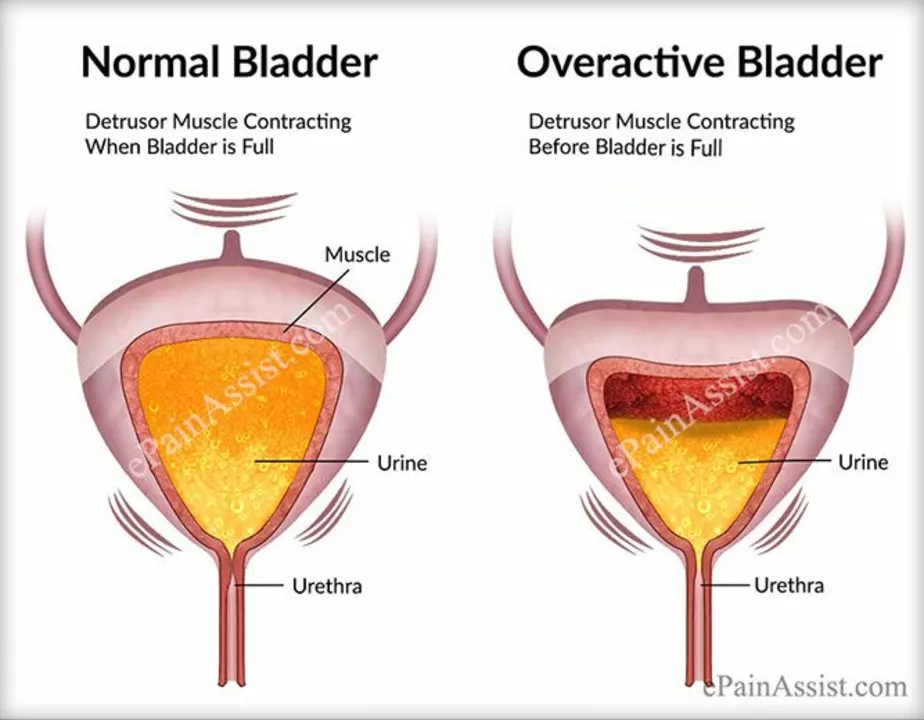Difficulty urinating: causes, when to act, and practical fixes
Struggling to start a stream or feeling like you can’t empty your bladder is scary. Difficulty urinating can be sudden or gradual, mild or complete. The trick is knowing what might be behind it, what you can safely try at home, and when you must see a doctor right away.
Most common causes are simple and treatable. For men over 50, enlarged prostate (BPH) often narrows the urethra and slows flow. Urinary tract infections (UTIs) can cause pain, urgency, and weak stream in anyone. Certain medications — especially antihistamines, some antidepressants, and strong painkillers — can cause urinary retention. Other causes include prostatitis (prostate inflammation), urethral strictures from injury or infection, bladder stones, or neurological issues that affect bladder nerves.
Red flags that need urgent care: you can’t pass any urine at all, severe lower belly pain, fever and chills, blood in urine, or lightheadedness. If any of these happen, go to an emergency department. Acute urinary retention can damage the bladder and kidneys and usually needs immediate catheter drainage.
Quick things to try at home
If your problem is mild and you’re not in danger, try simple steps first: drink a small glass of water to help trigger a reflex, sit on the toilet and lean forward, run warm water over your hands or lower abdomen, or place a warm pack on your lower belly. Sometimes relaxing the pelvic floor helps—try deep breaths and avoid straining. Avoid alcohol and reduce caffeine until symptoms improve.
If you suspect a UTI, see a clinician for testing. A short course of antibiotics can clear the infection and usually fixes urination problems. Don’t self-prescribe antibiotics without a test or advice from a healthcare professional.
When medicines or tests help
Doctors will usually do a urine test and a basic exam. Men may get a prostate check. Imaging or bladder scans show how much urine stays after peeing. Treatment depends on the cause: alpha-blockers like tamsulosin or dutasteride can help enlarged prostate; antibiotics treat infections; procedures may fix strictures or remove stones. If medications are the culprit, your prescriber may change the drug or dose.
Don’t ignore ongoing trouble. Repeated incomplete emptying raises infection risk and harms kidneys over time. If you have diabetes, neurological disease, recent pelvic surgery, or are on multiple medicines, mention that to your doctor—these raise the chance of complications.
If you’re worried about privacy, cost, or where to get help, many clinics and telehealth services can help triage symptoms quickly. Keep a log of symptoms—when they started, medications, fluid intake, pain, fevers, and how much urine feels left after peeing. That short list helps clinicians treat you faster and smarter.
Some common prescription and over-the-counter drugs can cause trouble — tricyclic antidepressants, strong antihistamines, bladder antispasmodics, and opioids. Women who are pregnant or have pelvic organ prolapse should get checked sooner. Pelvic floor exercises, timed voiding, and staying hydrated can prevent some problems, but never push urine out by straining. If symptoms persist more than a few days, book a check-up right away.
During my cancer treatment, I experienced difficulty urinating which can be quite common for many patients. To manage this issue, I first consulted with my doctor who suggested various treatments and medications. Drinking plenty of water and avoiding caffeine and alcohol helped me maintain a healthy urinary system. Additionally, I practiced relaxation techniques such as deep breathing to reduce anxiety and ease the process. Lastly, incorporating regular exercise into my routine also proved to be beneficial in managing this symptom.

